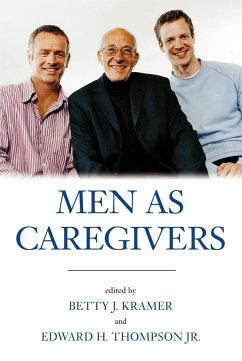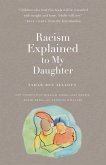Despite the proliferation of books and articles on caregiving over the past three decades, the vast majority of research has centered on the experience of the female caregiver. This focus on women is neither unwarranted nor surprising given that women generally predominate in caregiving roles. Nonetheless, recent studies estimate that between 14 and 18 percent of men ranging in ages from nineteen to later middle age are providing care to a family member or friend with a serious illness or disability. And in men 75 or older, there are more husbands caring for wives than vice versa. Also among persons caring for AIDS sufferers in central cities, over 50 percent are men. In light of these substantial numbers, plus demographic trends that will probably increase the proportion of male caregivers in the future, it is important to study men in caregiving roles to further our understanding of this critical area of healthcare. Drs. Kramer and Thompson, both experienced researchers in the area of men as caregivers, provide an in-depth and comprehensive overview of the topic in this collection of articles from various experts. Part I provides the rationale for the volume, explores styles of caregiving, and critiques the premise that men do not do hands-on care. Part II reviews theoretical explanations of the gendered division of labor in family care and provides a critical review of methods used in studies that focus exclusively on male caregivers. Part III consists of nine chapters that both review the literature and present original research on male caregivers. Special consideration is given to gay male caregivers of partners with AIDS, men who care for a family member with dementia, fathers of adult children with mental disabilities, spousal care of women with cancer, and sons caring for parents. Part IV profiles gender-sensitive interventions, skills, supports, and services that draw upon research and clinical wisdom for working with the male caregiver. This valuable collection of current research addresses a neglected but increasingly important area of caregiving.
Hinweis: Dieser Artikel kann nur an eine deutsche Lieferadresse ausgeliefert werden.
Hinweis: Dieser Artikel kann nur an eine deutsche Lieferadresse ausgeliefert werden.








